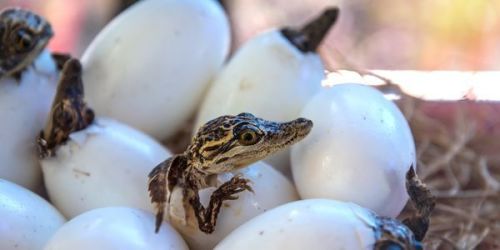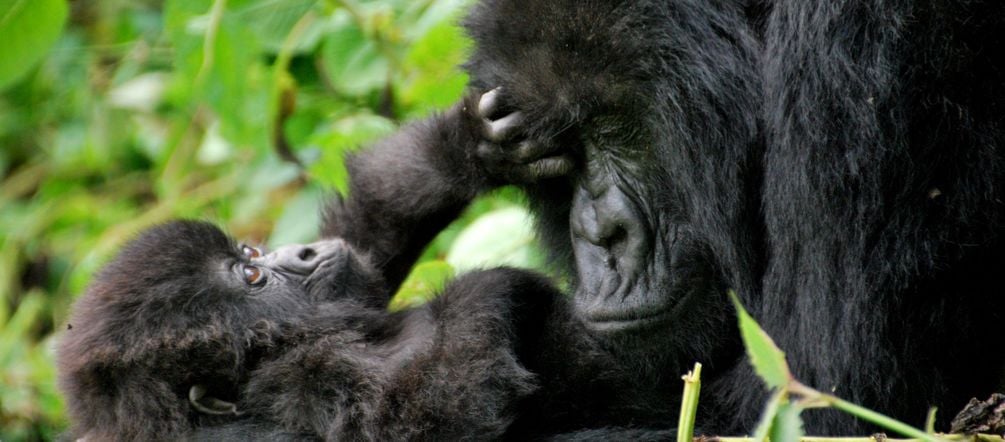Initiative to protect the Gola Forest in Liberia and Sierra Leone
Posted on
|
Birdlife International report that there’s a new forest conservation initiative to save one of West Africa’s few remaining tropical forests. The area covers over 350,000 hectares and it’s called the Gola Forest. It goes across the Liberia and Sierra Leone borders, and it’s the largest remaining block of Upper Guinean Forest. The area is an important for one for biodiversity – it boasts:
But the area has suffered deforestation and degradation Logging, agriculture, mining and conflict have caused the loss of vital biodiversity. It’s reduced the ability of the area to cope with climate change – and impacted on local people who depend on the forests for their livelihood. There’s protection now in place The governments of Liberia and Sierra Leone have signed agreements in 2011 and 2020 to manage the forest and protect the biodiversity there. And back in August 2020, the EC funded Programme to Support the Conservation of Forest Ecosystems in West Africa was implemented to conserve the Gola Forest. The programme has been implemented by:
The project should help to manage conflict between communities sharing the same forest resources. It will support the management of five protected areas. Local people will be trained and empowered to undertake the management of the forest – the programme will be training community eco-guards so that there are joint patrols by the two countries. A bio-monitoring programme will also be put in place. As eco-guards, local communities will be involved in protecting the forests which will in turn give them an income. Many were hunters, miners, loggers and farmers before. Two community based ecotourism ventures will be supported by the project, and a sustainable logging model in Liberia will be piloted. Over 50,000 people in 160 communities will benefit from the programme. |

